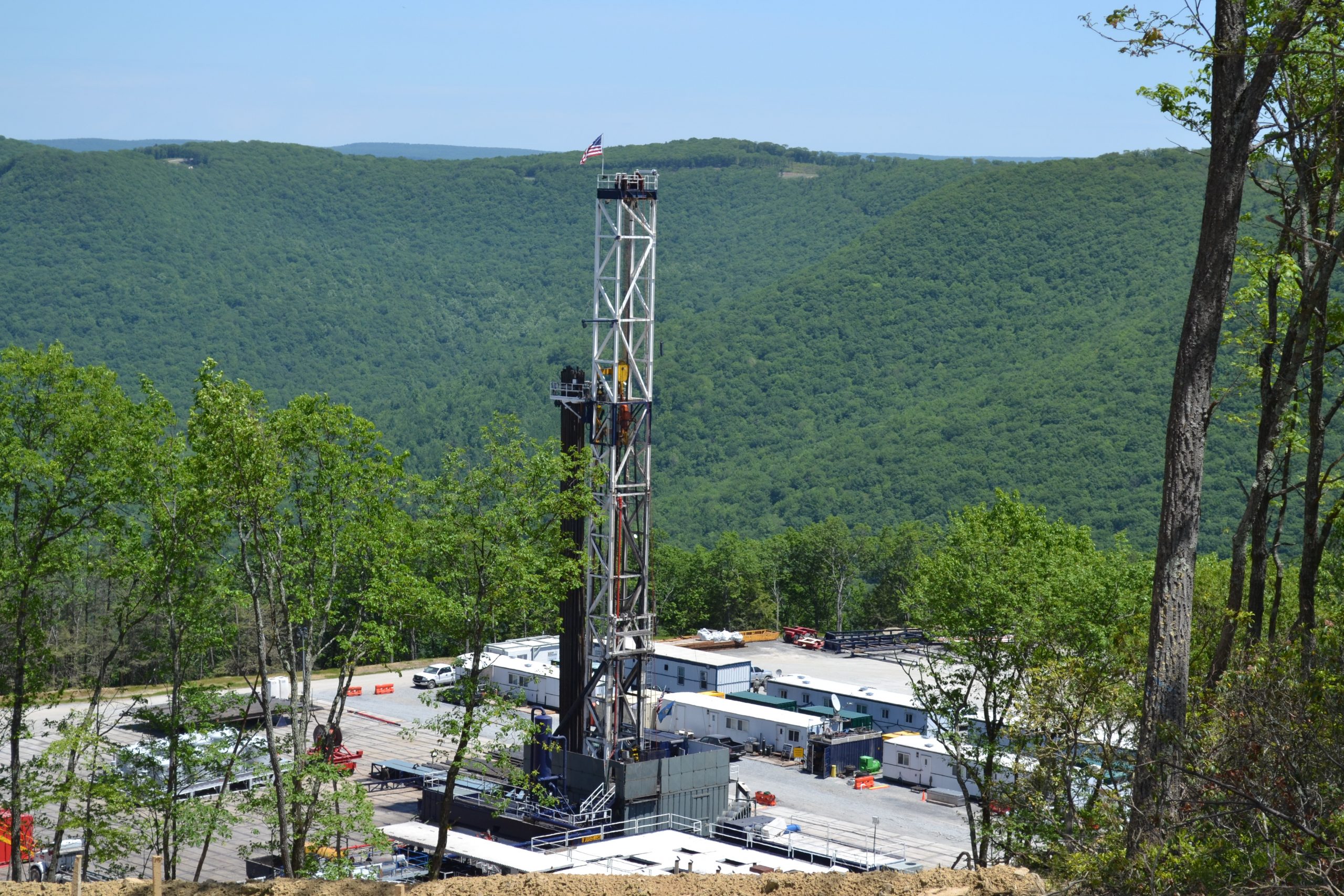Top environmental regulators slammed last year’s Attorney General grand jury report as “factually and legally inaccurate” and “an incomplete picture of Pennsylvania’s regulatory program”, but lawmakers yesterday used the politically-charged document to call for duplicative, costly and unnecessary regulations on natural gas development.
Pennsylvania has a world-class environmental regulatory framework. In fact, the Commonwealth has been nationally recognized by independent and third party environmental reviewers as having “a rigorous process for developing regulations, reviewing regulations and obtaining input from various stakeholders including the public,” according to the State Review of Oil and Natural Gas Environmental Regulations.
“The unconventional gas industry has long supported efforts to ensure DEP has the resources it needs to carry out its duties effectively, transparently disclose chemical use prior to becoming law, adhere to stricter setback requirements and drive innovative water recycling practices,” MSC’s Dave Callahan said in response to the proposed package.
These facts were conveniently left out of Shapiro’s report last year, and are ignored once again with the latest bill package introduced in the State Senate.
Pennsylvania’s natural gas industry is well-regulated under 43 laws, 28 permit authorization packages, and 7 technical guidance documents with the Pa. DEP alone. In case you missed last year’s overview, the Attorney General’s so-called solutions are either policies already on the books or would amount to an outright ban on natural gas development.
- Chemical disclosure– Act 13 requires chemical additives and the amounts used to be transparently disclosed to regulatory agencies and made publicly available on FracFocus.org, a national disclosure clearinghouse.
- Pre-drill notification– Operators seeking permits must notify host and adjacent municipalities of their intent to drill and list these municipalities on the permit application. In addition, the law requires applicants to notify surface landowners and water purveyors near the well site.
- Water well testing– Operators are fully responsible for completing pre and post testing of water wells within a half mile radius. If changes in water quality occur, operators are presumed liable.
- Setbacks– Pennsylvania has the second-largest setback requirement in the nation, and Act 13 enhanced the distance a well can be constructed from 300 to 1,000 feet from public water wells and springs and 500 feet from buildings. 2,500 or 5,000 ft. setback requirements are a de facto ban on natural gas development that could cost more than 600,000 good-paying jobs and a $260+ million hit to the state’s GDP.
- Impact Fee– The Impact Fee is the state’s tax on natural gas production, which is on top of all other taxes in the Commonwealth, and has generated more than $1.9 billion since inception, with approximately two-thirds of the revenues directly supporting all 67 counties and local governments.
- Air Quality Permits – Prior to the construction of a well, compressor station, processing plant or other facility, operators must obtain either a GP-5 or GP-5A air quality permit (the first of their kind in the nation) to ensure sites are using the best available technology for source emission control. Other air emission regulations include leak detection and repair, record and reporting requirements, and emission controls.
- Wastewater Mitigation – In 2016, the Surface Activities Rulemaking imposed more stringent regulations related to the storage, transportation and disposal of waste from unconventional development, as well as new requirements that regulate drill cuttings and wastewater. Moreover, the industry does not send liquid waste to publicly owned treatment works and approximately 90% of wastewater is recycled by operators.
- Public Health – While there are no known associations between unconventional shale development and childhood cancers or other public health implications, the Pa. Department of Health awarded the University of Pittsburgh $2.5 million to study potential health impacts associated with natural gas over the next two years.
- Act 127 – Signed in 2011, this act granted the Public Utilities Commission (PUC) to enforce federal laws on the transportation of natural gas via pipelines. The act also requires PUC maintain a transparent registry of pipelines and operators.
- Act 9 – Established the Marcellus Advisory Commission in 2011 and requires Pa. DEP and the Pennsylvania Emergency Management Agency to adopt emergency and safety protocols are created at each well site.
- Pa. Act 9 Chapter 78a – Revised Act 9 in 2016 and adopted increased well monitoring, public resource impact screening, water supply replacement standards, waste management and disposal, and site remediation.
“These proposed bills, based on the Attorney General’s report that state environmental regulators called ‘factually and legally inaccurate’, jeopardize the shared economic and community benefits of shale gas development all while threatening family sustaining jobs across our Commonwealth,” Callahan concluded.





